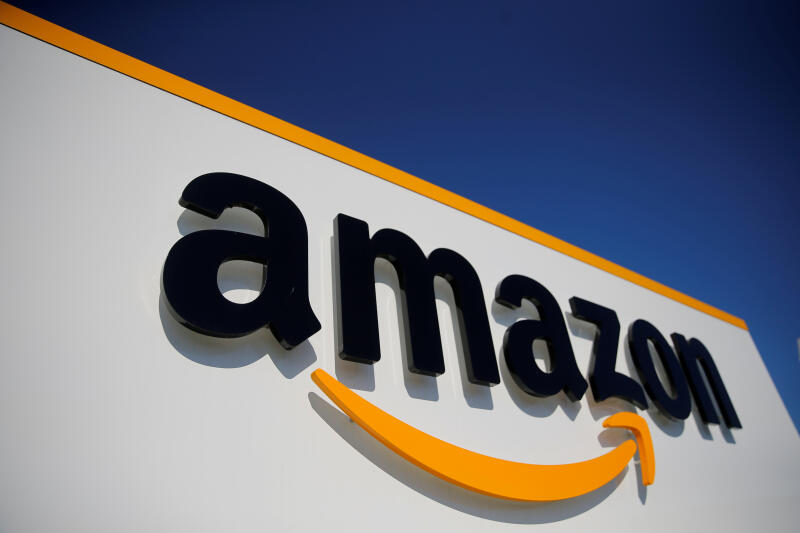New tool lets brands in Singapore remove listings on Amazon to fight counterfeiting
Sign up now: Get ST's newsletters delivered to your inbox

Amazon has expanded its anti-counterfeit programme Project Zero to seven more countries including Singapore.
PHOTO: REUTERS
SINGAPORE - E-commerce giant Amazon has expanded its anti-counterfeit programme Project Zero to seven more countries including Singapore, as part of an ongoing effort to fight the sale of counterfeit products on its platform.
Brands or owners of trademarks registered in the countries covered by Project Zero can use a self-service tool to directly remove listings from Amazon's online stores - a key feature of the programme.
"Amazon is committed to protecting our customers and the brands we collaborate with worldwide," said Amazon vice president of worldwide customer trust and partner support Dharmesh Mehta in a statement on Tuesday (Aug 11).
Project Zero, first launched in February last year (2019), is now available in a total of 17 countries including the United States, Japan and Germany.
Project Zero also uses machine learning technologies to scan more than five billion listings of products daily including those from 10,000 registered brands - such as BMW, Panasonic, and Salvatore Ferragamo - to detect and block counterfeit listings. Brands provide Amazon with key data points about themselves such as logos and trademarks to aid in the process.
An upcoming feature, which could involve brands paying a fee, lets brands apply unique serial numbers on products for better tracking. It is not known when the feature will be available in Singapore.
"Project Zero has been a leap forward in protecting brands, especially for those that use all three of its components," said Mr Mehta.
To be eligible for this service, it said brands must have submitted reports of "potential infringements with an acceptance rate of at least 90 per cent" in the past six months. Amazon did not say how many counterfeit listings it detects daily with Project Zero.
Some observers questioned if Project Zero will give brand owners the power to remove listings from parallel importers.
Technology and intellectual property lawyer Koh Chia Ling said the self-service tool has the potential to be abused by brand owners and has to be policed by Amazon.
"Lawfully modified parallel imports may also be the subject of complaints by brand owners. The self-help system might tilt in favour of brand owners in this regard," said Mr Koh.
He added that Project Zero is likely to speed up the process for trademark owners to protect their rights, but the average consumer may not notice much of a difference immediately.
Amazon said on its website that brands must maintain an accuracy of at least 99 per cent when using the self-service removal tool in order to maintain their Project Zero privileges. But it is not clear how accuracy is determined.
According to the 2018 Global Brand Counterfeiting Report, global sales of counterfeits were projected to reach US$1.82 trillion (S$2.49 trillion) this year, with e-commerce accounting for a quarter of that number.
Project Zero's expansion also follows the setting up of a Counterfeit Crimes Unit by Amazon in June to work with law enforcement officials to locate and prosecute counterfeiters.


